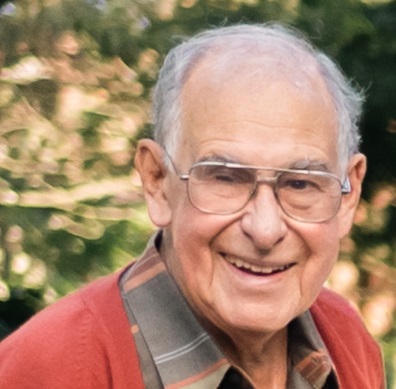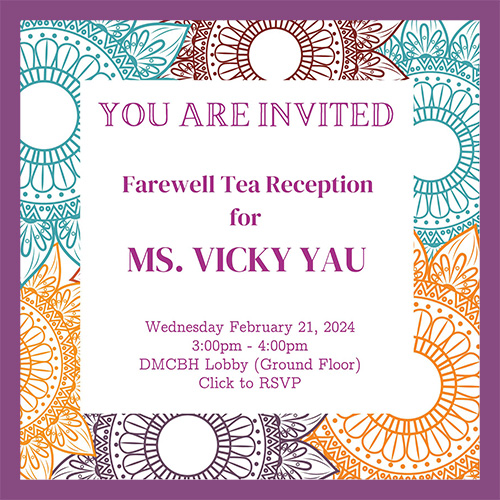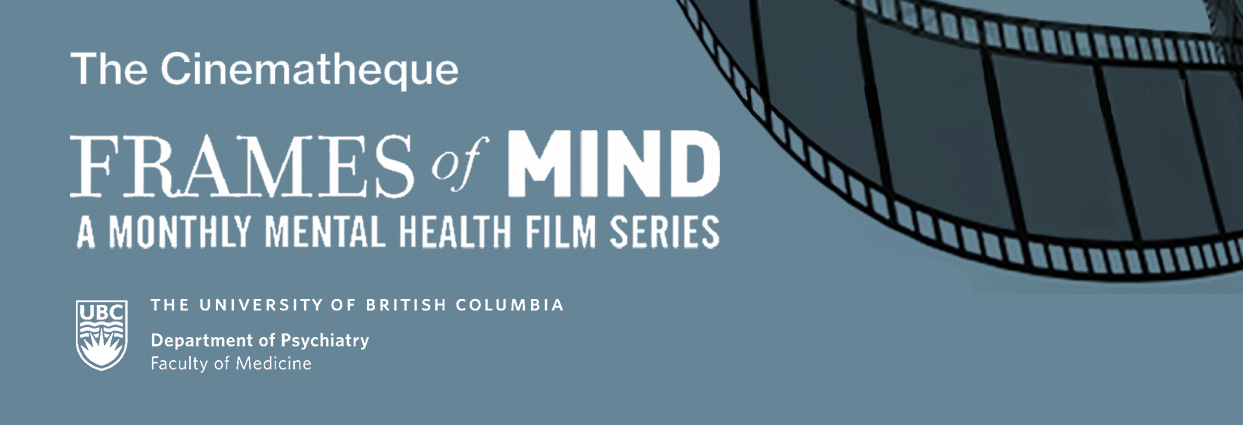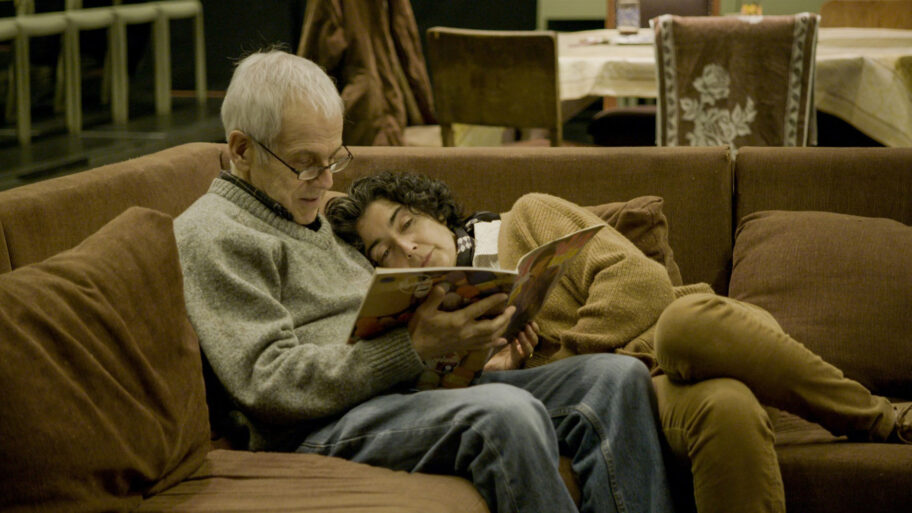
The Department is very saddened to share the news of the recent passing of Dr. Earl Hardin at the age of 89. As a well-known and respected member of the UBC Department of Psychiatry for many years, Dr. Hardin was also a dedicated clinician and a prominent figure within many professional bodies, including the Western Canada District Branch of the American Psychiatric Association.
Dr. Hardin’s psychiatric career in Vancouver began in 1963 and continued for over five decades in both private practice and at Vancouver General Hospital. During this time he was appointed as a Clinical Associate Professor in UBC Psychiatry, where he was a beloved teacher who provided psychotherapy supervision to residents, evening on-call emergency supervision, and group teaching on interviewing to medical students. Though he retired from his active teaching duties at the age of 65 per UBC requirement at the time, as an amazing testament to his love of the profession, Dr. Hardin continued his clinical practice in psychiatry for another 21 years until 2020.
Also a dedicated and highly esteemed member of the APA Western Canada District Branch, Dr. Hardin was elected to serve a term as its President in 1976. In the years to follow, he remained very involved in its activities, all the while mentoring younger colleagues and maintaining lifelong friendships with his many friends and peers. As well, he was an enthusiatic contributor to the District Branch’s magazine Catharsis!, submitting articles as recently as May 2023. Poignantly, at the time of his passing in November 2023, Dr. Hardin was working on his next article for Catharsis! which was to be titled “Why I Like My Work,” with a focus on how fortunate he felt in a profession that allowed him to help multitudes of people.
In honour of his memory and his life’s work, we would like to share the three recent articles written by Dr. Hardin:
“Remembering the District Branch” October 2021
“The Psychiatrist as Physician” October 2022
“An Interval of Group Therapies: A Solo Approach to Group Treatments in 1970s Vancouver” May 2023
To the family and close friends of Dr. Hardin, we send them our sincerest condolences for their loss. If you would like to leave a message for the Hardin family, you are invited to do so here.







